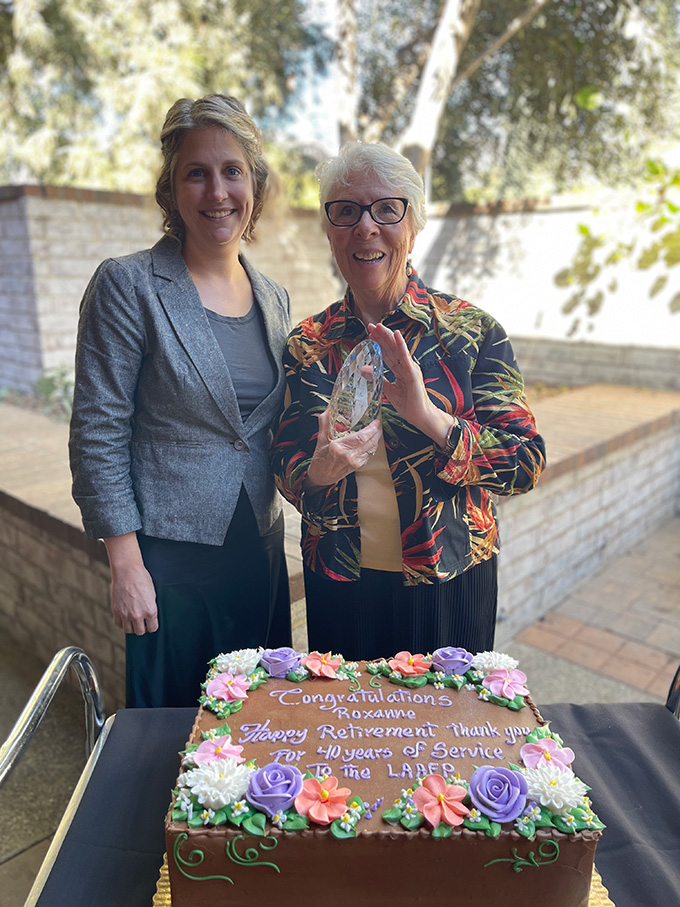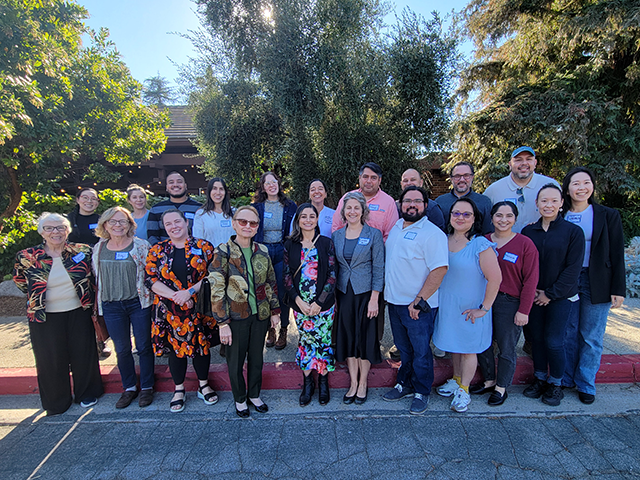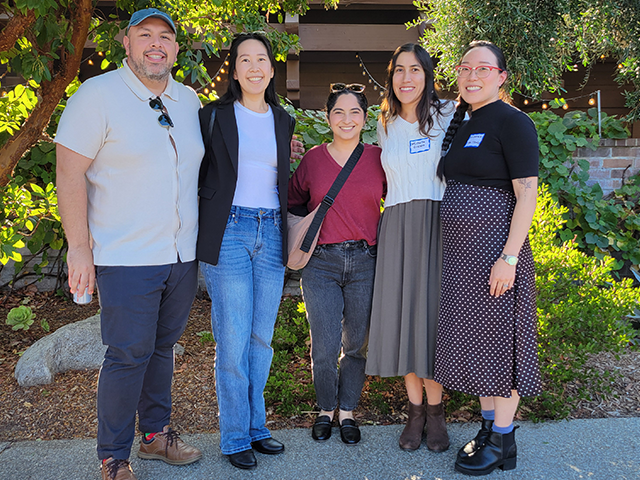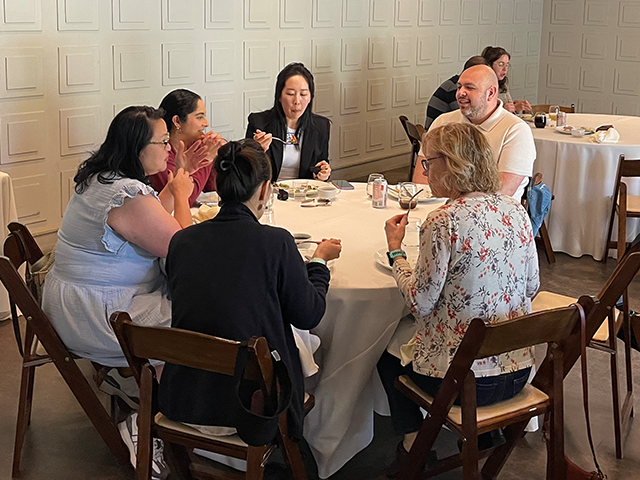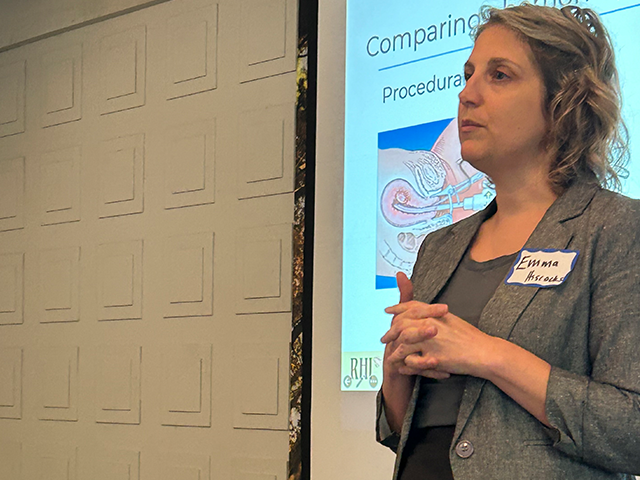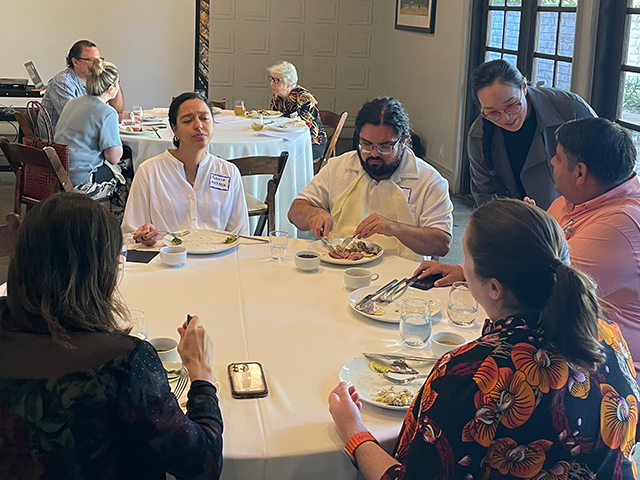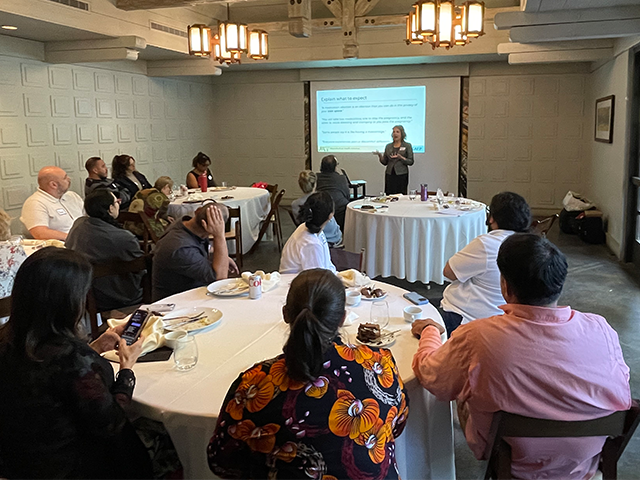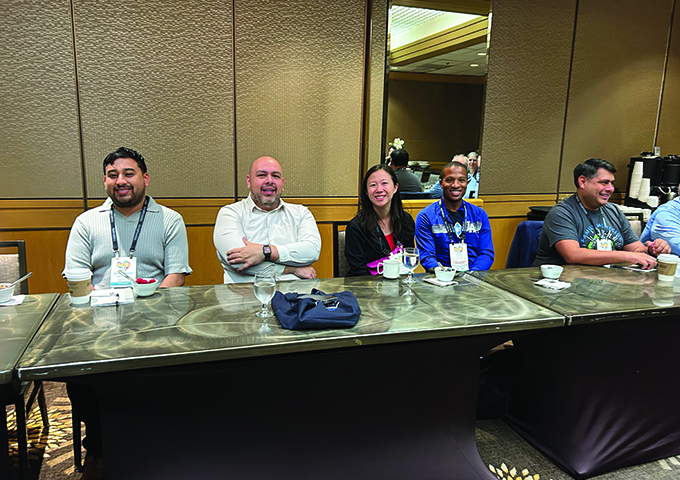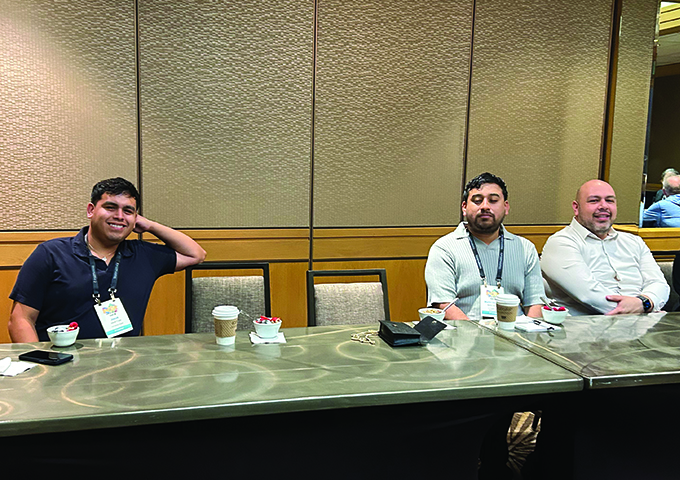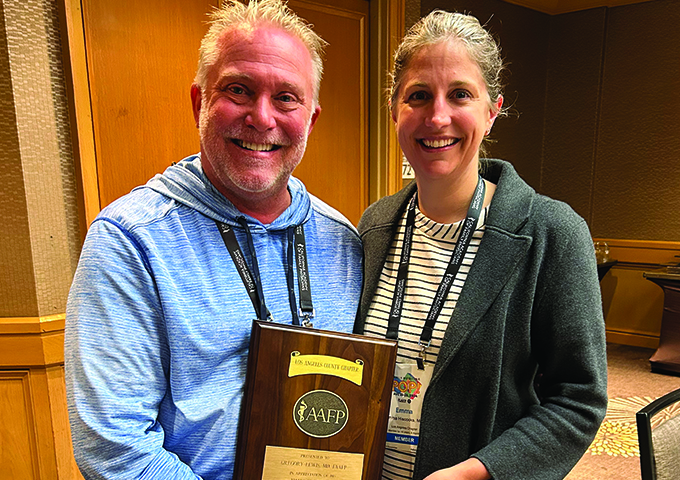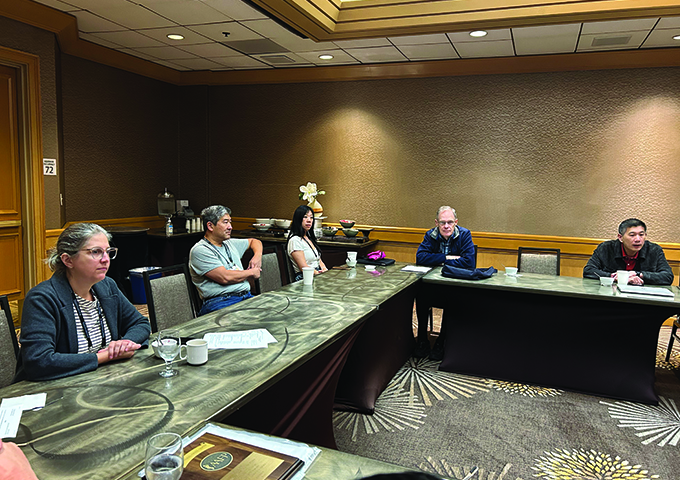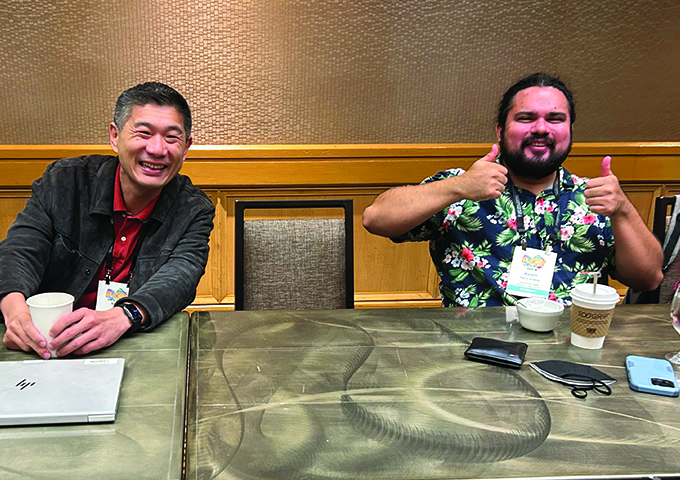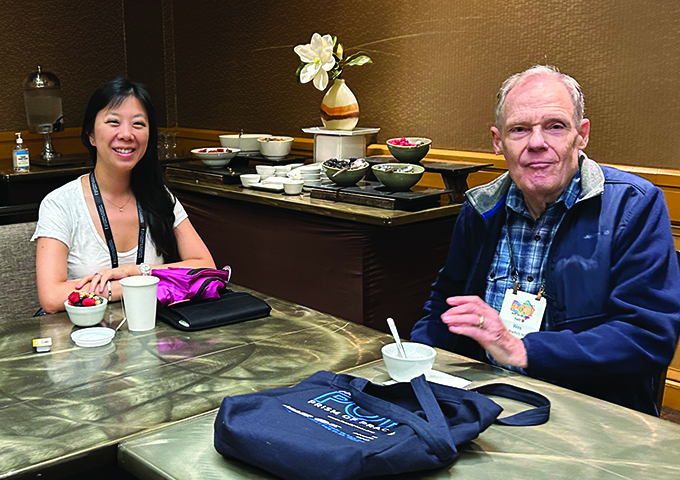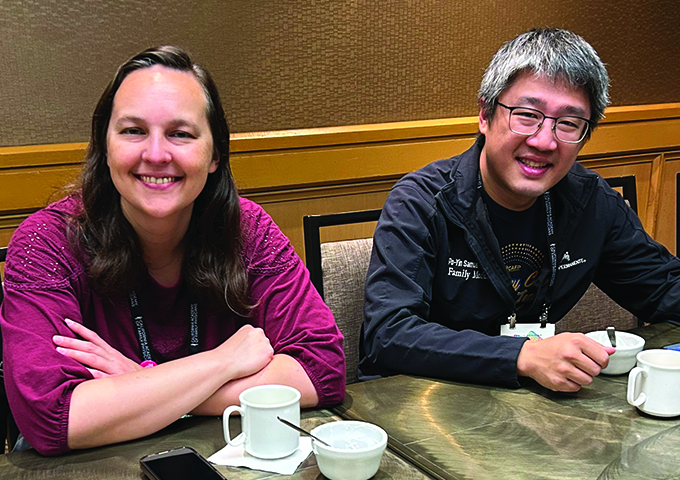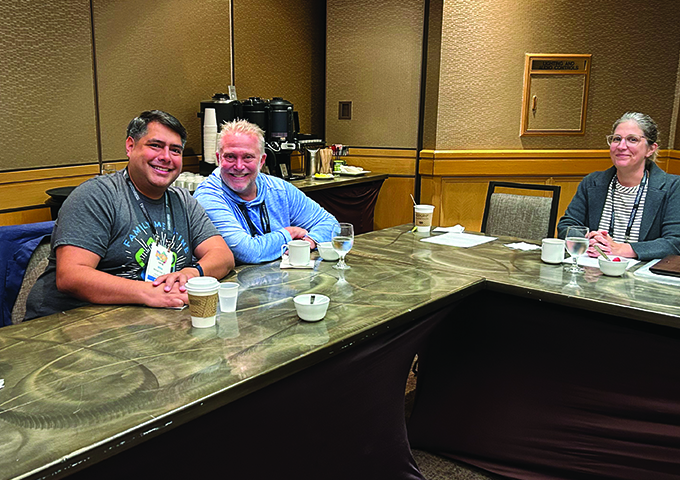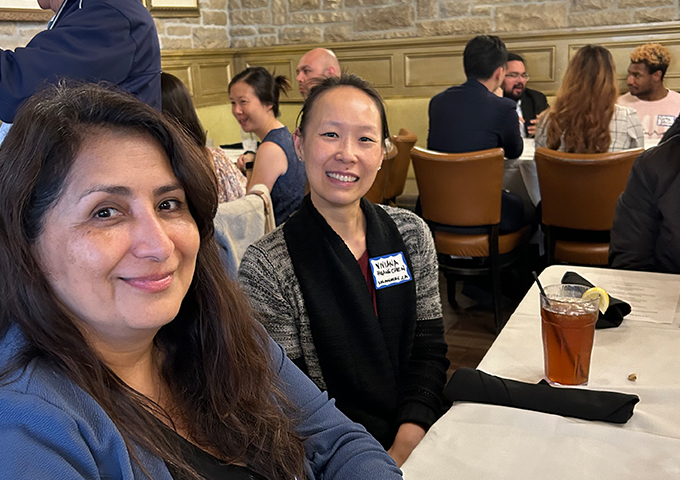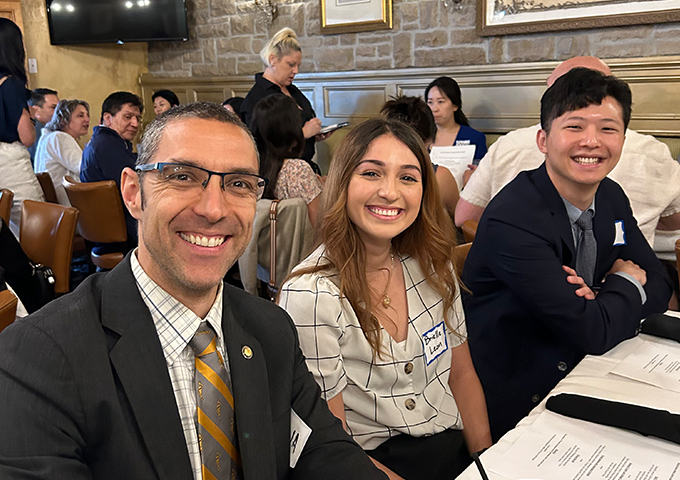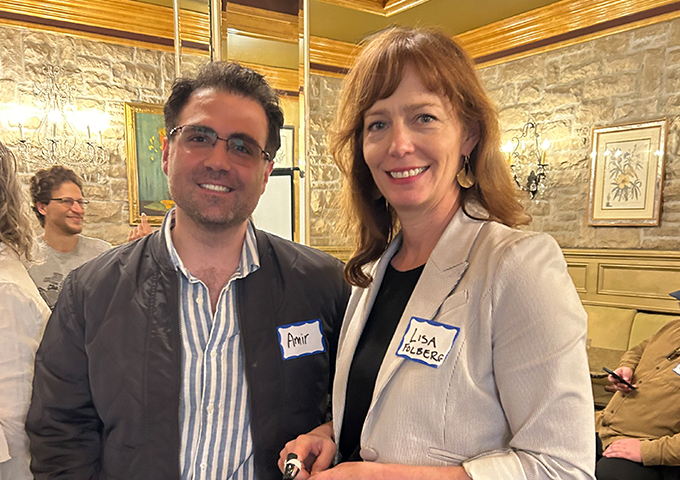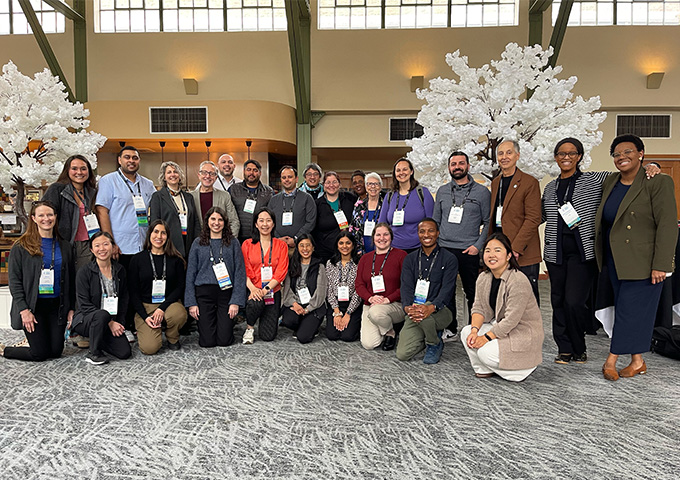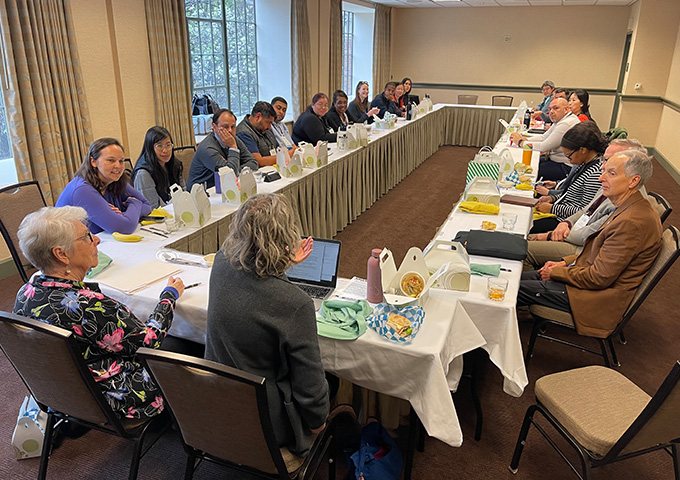
We Vote…Then What?
We are in the thick of this unique presidential election year. It is time for those who are citizens to exercise the right to vote. And because it is 2020—the year of the unprecedented—I strongly recommend applying the lens of social justice to your vote. Consider how your vote for candidates and issues could positively affect your patients by effecting a more equitable society. And then, VOTE—mail in your completed vote by mail ballot or drop it off at a drop box or vote center location; vote in person early or on election day at a vote center.
California’s ballot initiatives provide opportunities for voters to have a very direct effect on changes that could lead to increased and decreased equity. CAFP has recommended support for Propositions 16 and 25, both of which address issues arising out of systemic racism. Proposition 16 would allow affirmative action which was banned by voter-approved Proposition 209 in 1996. For 24 years, California public universities, schools, and other entities have been prohibited from using race, ethnicity, or sex in admissions criteria, hiring, and other decisions. Affirmative action has been shown to increase opportunities for those from marginalized groups and should at the very least be allowed to be implemented to increase representation from these groups. Proposition 25 would continue the elimination of cash bail as a requirement to release people from jail before trial. Cash bail disproportionately affects people of color who are more likely to be arrested and less likely to have the financial capacity to fund cash bail in a timely manner if at all. Requiring judges to base the decision to release a defendant on an assessment of their public safety risk starts the process of decreasing disparities created by a cash bail system. Other ballot initiatives that CAFP has not made recommendations on will also affect equity in California. I urge you to read each proposition carefully and again consider how your vote will affect those who have been marginalized.
And then what, after we vote? We continue caring for our patients and advocating for them. This means continuing to look at issues through the social justice lens. On an individual level, examine your implicit biases and how to prevent them from negatively affecting patient care. On a practice level, address social justice, educate, and assess for areas that can be improved. On a systems level, advocate! We will all benefit from a more just and equitable society.

